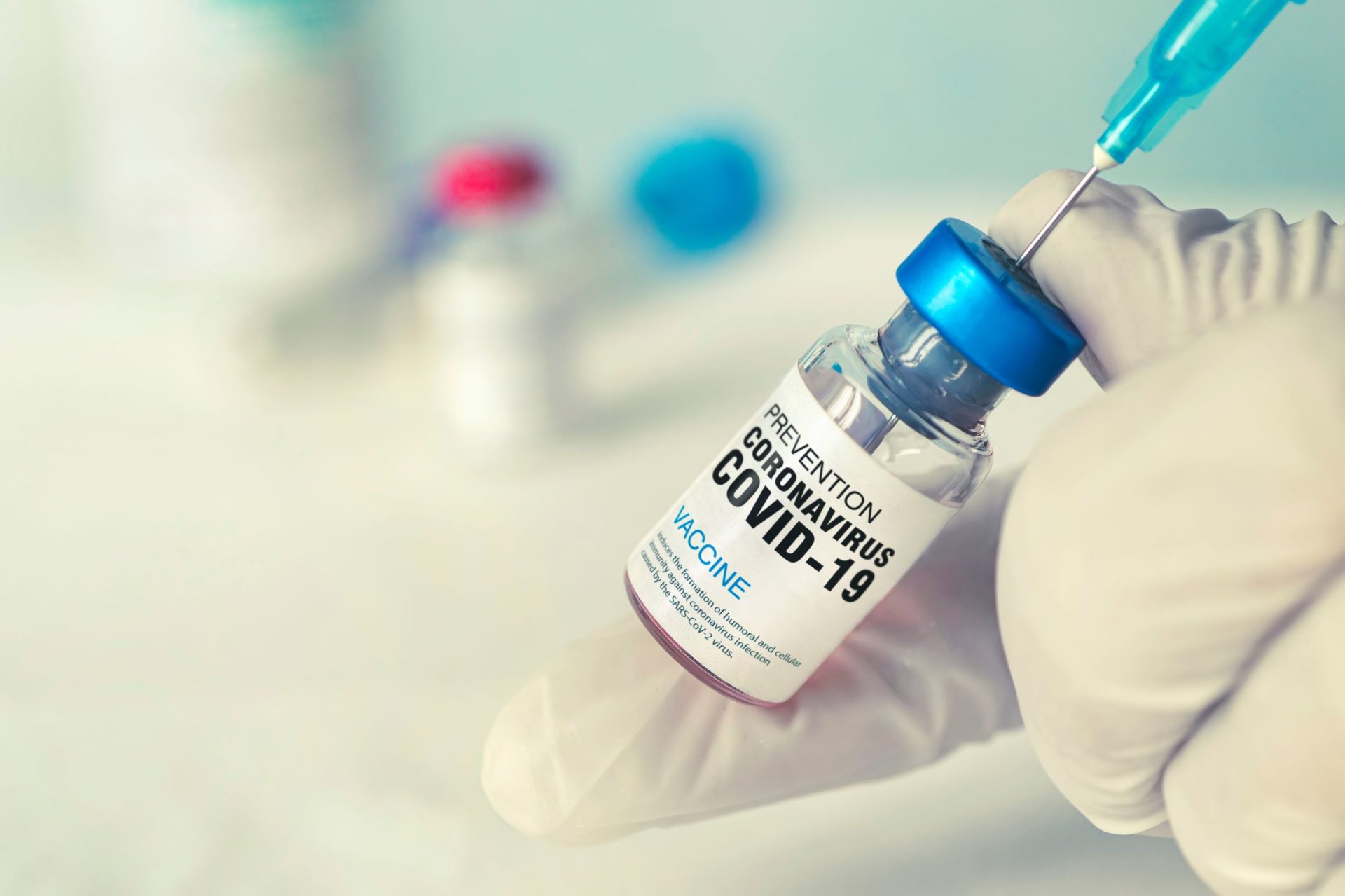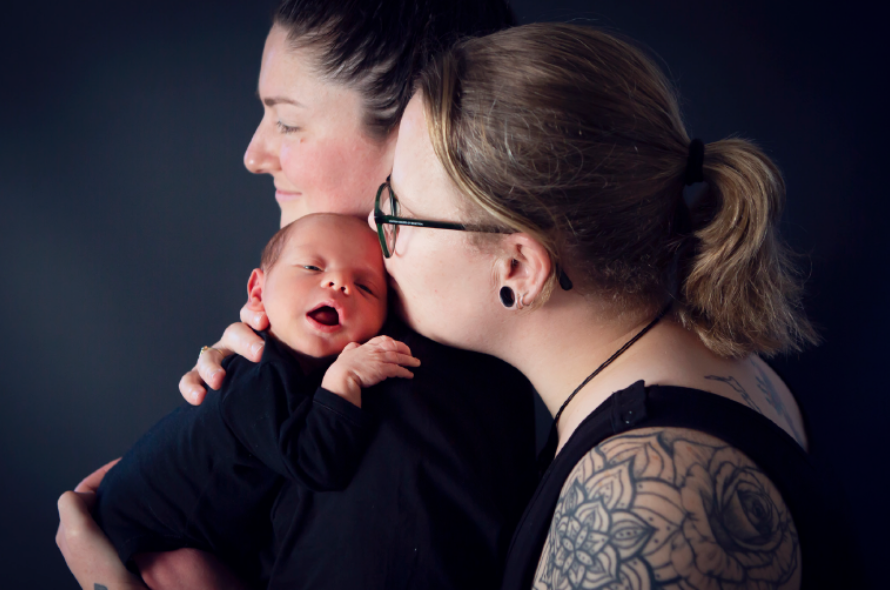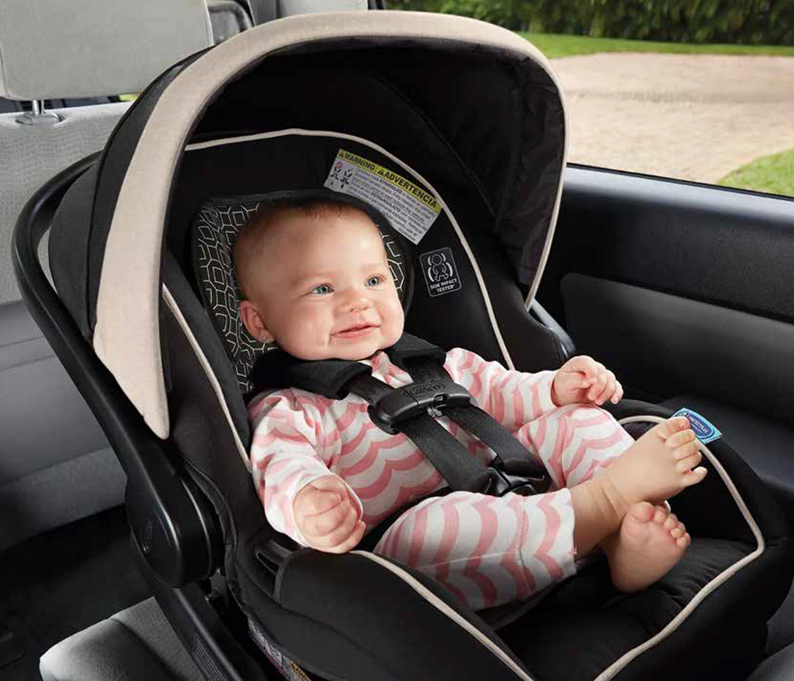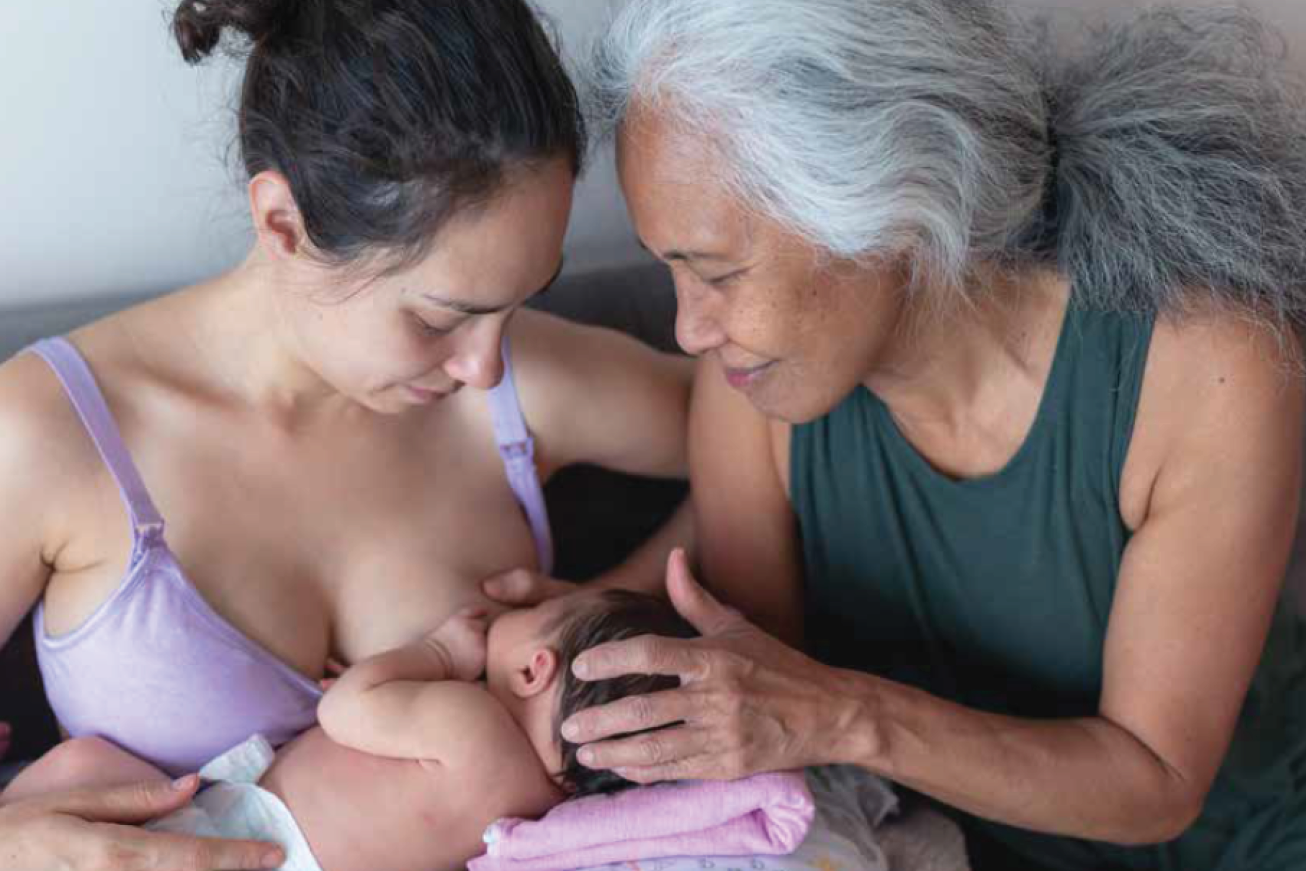
Can I have COVID-19 vaccine when I am pregnant or breastfeeding my baby?
COVID-19 disease can be extremely serious during pregnancy. Changes to your body mean that your immune system does not respond so well to viruses. There are also changes in how your blood circulates and the growing bump restricts your breathing. All of these make it more difficult for your body to fight infections. Furthermore, if you are an older mum-to-be or have health conditions like diabetes, high blood pressure and obesity, you are at even higher risk from COVID-19.
As has been seen in countries with widespread COVID-19, previously healthy pregnant women are four times more likely to need support with breathing in intensive care than women with COVID-19 who are not pregnant. Babies of mothers with COVID-19 are seven times more likely to be born prematurely, often delivered by emergency caesarean section to save the life of both mother and her baby.
The COVID-19 vaccine that is being is used in New Zealand, called Comirnaty™. It is an mRNA vaccine produced by Pfizer and BioNTech. Although, pregnant women were not initially included in clinical trials, studies are now underway to look at the safety, the immune response and how well this vaccine protects pregnant women against COVID-19. There are no scientific concerns around receiving this vaccine in pregnancy as it is not a live vaccine.
This vaccine has now been given to tens of millions of people around the world. In countries with a high risk of catching COVID-19, pregnant women are encouraged to be vaccinated to protect them from the severe complications associated with COVID-19 in pregnancy, and in some cases, women did not know they were pregnant at the time of vaccination. The Centers for Disease Control and Prevention (CDC) in the United States analysed the pregnancy outcomes from over 16,000 women who reported being pregnant when they received the vaccine and found no safety concerns for the pregnant woman, her unborn baby or after the baby was born. Safety monitoring is ongoing worldwide.
In New Zealand, most pregnant women are not at risk of being exposed to COVID-19, so it is ok for them wait until their baby is born before having the vaccine. However, those who are at risk of exposure to this virus, through their work or from someone in their household, are recommended to be vaccinated to protect themselves and their baby.
If you are trying to become pregnant, you do not need to avoid pregnancy after receiving the vaccine and you do not need to do a pregnancy test before receiving it.
Although the vaccine was not specifically tested in women who are breastfeeding, as with all the vaccines used routinely in New Zealand, you can have this vaccine after your baby is born and when breastfeeding. The vaccine stimulates your body to make special proteins that help to stop the COVID-19 virus, called antibodies, these pass to your baby when you breastfeed and help to protect your baby as well as you.
Discuss your risk of exposure to COVID-19 with your midwife or doctor. The Immunisation Advisory Centre has a factsheet available to discuss the benefits and risks of COVID-19 vaccination in pregnancy or shortly afterwards with your health professional.
As with COVID-19, when you are pregnant, you are also at greater risk from influenza. It is important to remember to have your influenza vaccine this year too.
Written by Mary Nowlan, medical writer, the Immunisation Advisory Centre at the University of Auckland. https://www.immune.org.nz/





